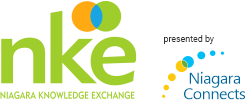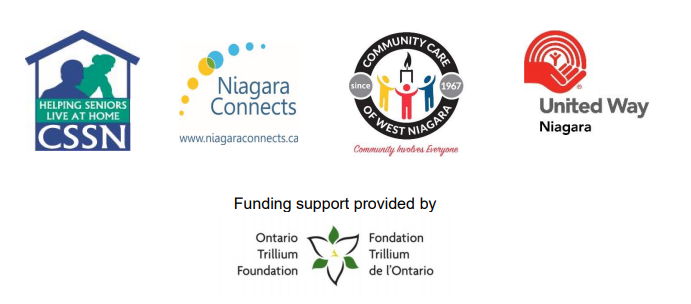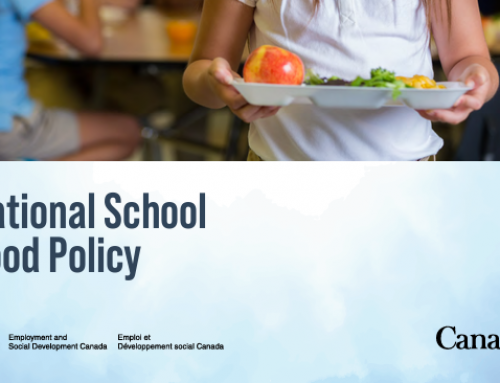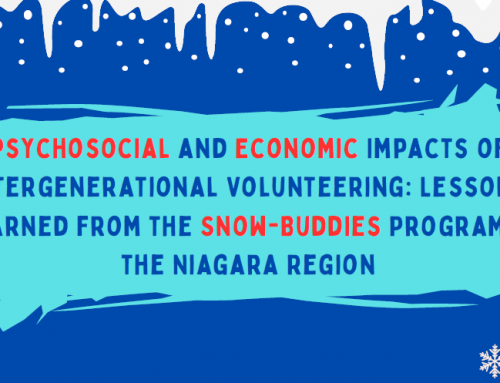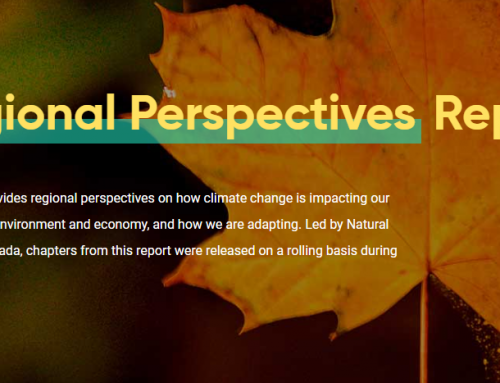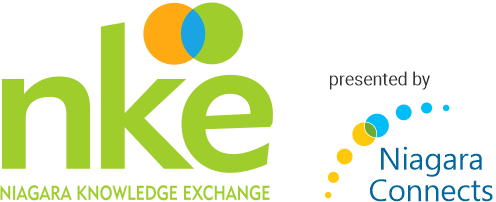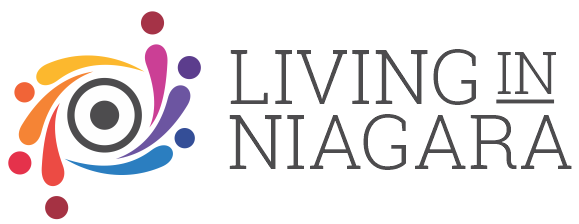The Niagara Food Security Network (NFSN) aims to improve food security for everyone in Niagara. Over the past two years, the Network members have been focusing on key priorities to improve access to healthy, affordable and appropriate food. These priorities include the engagement of people with living and lived experience as it relates to food insecurity.
Recently, the NFSN released the Lived Experience Engagement Report on Findings to Niagara region partners, Mayors and Council of each of Niagara’s municipalities, Public Health partners, agencies and interested parties. The report reaffirms that food insecurity impacts individuals and families beyond not having access to enough food. These include: anxiety and depression, low self-esteem, poor health status and outcomes and negative impacts on child development. All of these were evident in the voices of Niagara residents, who shared their stories of their day-to-day experiences facing uncertainty and challenges around accessing healthy (or just daily) food for themselves and/or their family.
Throughout all the group and individual conversations, the majority of the participants referenced either the high cost of healthy foods, housing, living and/or not having enough money to cover all monthly costs which leads to living with food insecurity. The report again amplifies the many voices and recommendations calling for adequate income for people to live equitably in their community.
The recent study by Food Insecurity Policy Research (PROOF) notes that 13.3% of the population in Ontario is food insecure, experiencing a myriad of effects, directly tied to income. The study states “Food insecurity is not just a lack of food, but rather an experience of pervasive material deprivation due to financial constraints. Provincial policy decisions play an important role in determining the food insecurity rates of provinces because many of these decisions directly impact households’ financial circumstances.”
The current social and economic circumstances have put our society at a pivotal point in the work of further developing our social safety net to achieve greater equity for Canadians in need. Providing a guaranteed basic income would address both food insecurity and the many other debilitating impacts of poverty. It would restore dignity in the lives of people who are struggling to meet the basic needs of daily living.
The Niagara Food Security Network is facilitated by United Way Niagara and is comprised of over 150 members from a variety of interested and affected parties, public health representatives, Niagara Region department representatives, agencies, residents and groups that want everyone in Niagara to be food secure. The Report on Findings prepared for the Food Security in Niagara Community Collaborative* is endorsed by Niagara’s leading networks and community partners including the Niagara Food Security Network members, the Niagara Poverty Reduction Network, the Niagara Community Garden Network, Strong Fort Erie Neighbourhoods, Community Support Services of Niagara, Community Care of West Niagara, Niagara Connects and United Way Niagara.
The Niagara Food Security Network joins the calls to the federal and provincial governments to reduce poverty and income inequality by instituting a basic income for all Canadians. We encourage interested and affected parties to utilize the report as appropriate for advocacy efforts and join the many other advocacy initiatives being conducted across Canada.
Should you have questions, comments, feedback or want to find out more information about the Report or Network, please contact the Network Facilitator, Tamara Coleman-Lawrie at tamara@unitedwayniagara.org.
* The Niagara Food Security Network – Lived Experience Engagement, November 2020 Report on Findings – February 2021 Report was prepared by Judy White, Policy & Program Consultant on behalf of the Food Security in Niagara Community Collaborative (Community Support Services Niagara, Niagara Connects, Community Care of West Niagara and United Way Niagara with Knowledge Translation support provided by Strong Fort Erie Neighbourhoods and Niagara Connects). The Collaborative received an Ontario Trillium Foundation Seed grant, to support the establishment of the Niagara Food Security Network.
Click here to access the NFSN report: Lived Experience Engagement Report on Findings
